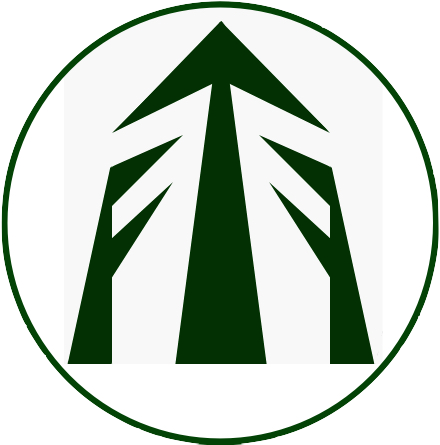JOINT MEDIA RELEASE 14 August 2008.
Ecologic Foundation
Environment & Conservation Organisations of New Zealand (EC0)
Greenpeace Aotearoa New Zealand
NZ Forest Owners Association
NZ Farm Forestry Association
NZ Pine Manufacturers Association
Royal Forest and Bird Protection Society
Sustainable Energy Forum
Wood Processors Association of New Zealand
WWF New Zealand
Environmental and forestry groups today called upon the government to urgently toughen up regulations to stop products from illegally logged forests being imported or used in New Zealand.
They also urged consumers and those trading in wood products to play their part.
In a joint statement, they said importers and retailers should have evidence from their suppliers that wooden furniture, hardwood decking and fire logs are being sourced from legal and sustainably managed forests, and be able to provide this to consumers who will understandably want it before they purchase.
"Illegal logging, especially in the tropics, is causing huge environmental and social damage and undermines the markets for legal forest products," says Greenpeace forests campaigner Grant Rosoman.
"The government continues to talk about the problem but do nothing. We need regulations now to stem the multimillion dollar import of illegal wood products into New Zealand and support moves by producer nations to halt illegal logging."
Forest Owners Association chief executive David Rhodes says the New Zealand forest industry and environmental groups are committed to sustainable forestry and "illegal logging is not sustainable."
"Illegal logging and the destruction of rainforests have unfairly sullied the reputation of all wood and forest products - even those derived from sustainably managed plantation forests - especially among affluent northern hemisphere consumers," he says.
Clearly the focus of our efforts here are on dealing with imported material from dubious origins. The safeguards that exist domestically mean that legality is not a concern when dealing with wood sourced from planted forests in New Zealand.
He cautions, however, that if New Zealand is to speak out internationally against the effects of illegal logging on climate change, biodiversity and the economics of sustainable forestry practice, it must provide proof that wood or paper from our own forests is legal. The industry, through the Wood Processors Association is currently working on a process to provide such verification.
Mr Rhodes commended forestry minister Jim Anderton's intention to raise the issue of illegal logging during his visit to Indonesia this week.
"But it is clear that action to address illegal logging at source needs to be complemented by action in New Zealand, which is one of the many countries where products from illegally logged forests are sold."
Mr Rosoman, who has just returned from Indonesia, endorsed this and noted that Indonesia's environment minister had previously called on importing countries to help stem the market for illegally logged forest products.
Sustainable Energy Forum spokesperson Molly Melhuish emphasised that a sustainable and vibrant forest industry is needed in New Zealand to create cost-effective and carbon-neutral wood fuels to reduce our dependence on coal, gas and oil.
"Imported firelogs and other fuel products should not be sold here unless it comes from a legal and sustainable source," she said.
[ends]
For more information, contact Grant Rosoman Tel 03 382 5476 or 021 428 415, or David Rhodes Tel 04 913 8702 or 0274 955 525
Disclaimer: While every effort is made to ensure the accuracy of the information provided on this site, Farm Forestry Timbers Society do not accept liability for any consequences arising from reliance on the information published. If readers have any doubts about acting on any articles they should seek confirming, professional advice.
 Farm Forestry New Zealand
Farm Forestry New Zealand Farm Forestry Timbers - Headlines
Farm Forestry Timbers - Headlines